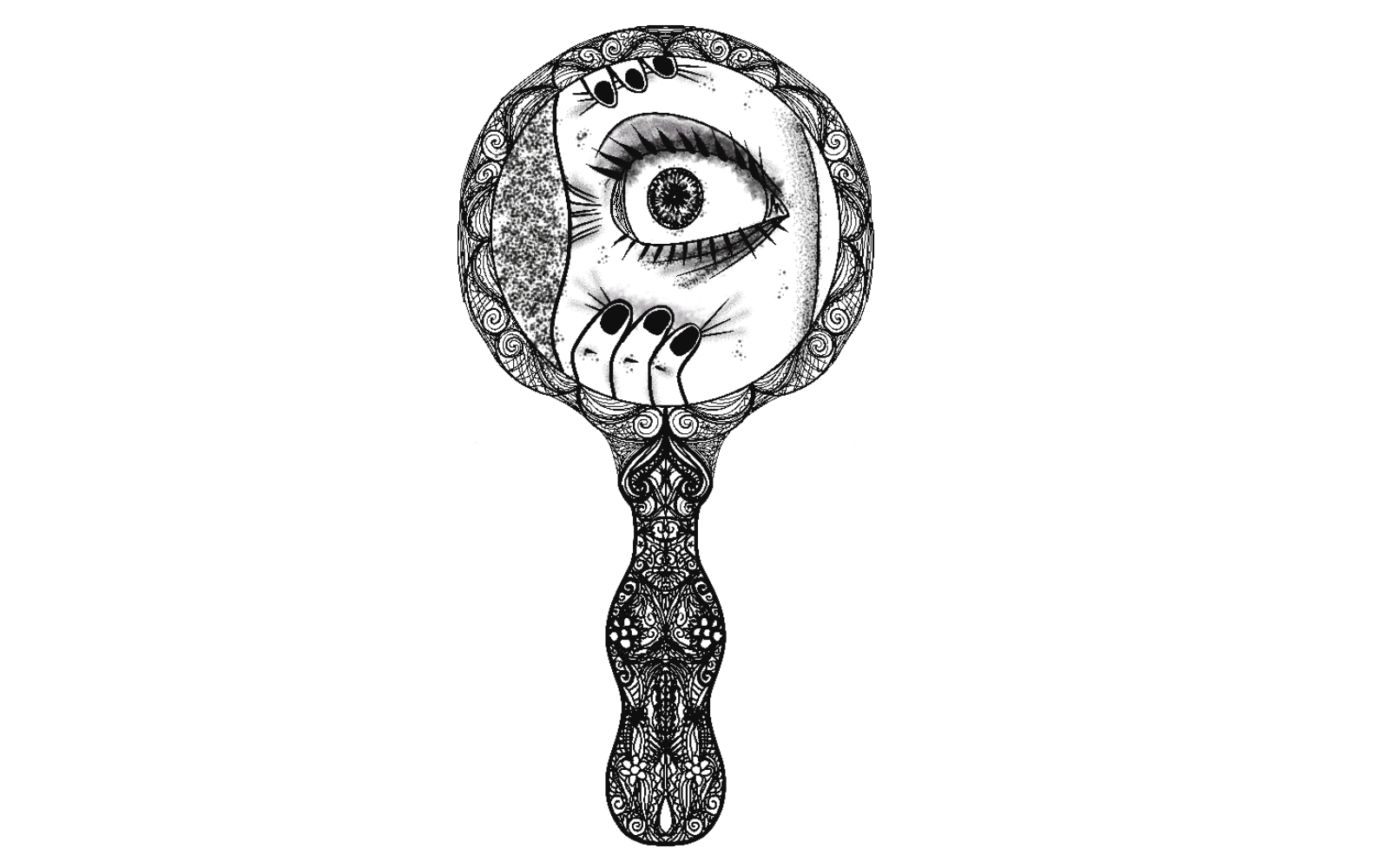What’s up with our fixation on female youth?
Three years ago, I was terrified to turn 18. Now with my 21st birthday approaching, I’m completely unbothered. In those three years, I’ve been able to unlearn what made me so afraid to get older.
When I was 17, I was painfully aware of the fact that the world affirmed that this was the most desirable age to be. With songs constantly drilling lyrics like “Well, she was just seventeen/ You know what I mean” (“I Saw Her Standing There”) and “Young and sweet/Only seventeen” (“Dancing Queen”) into my mind, I easily jumped to the conclusion that the moment I turned 18, I would be deemed a spinster. In Lana Del Rey’s lyric, “Will you still love me when I’m no longer young and beautiful?” the two adjectives are fundamentally linked: young and beautiful must go together.
This mentality is one we’re introduced to in early childhood. Disney is (as always) the main culprit: the heroine is the young and innocent princess, and the villain is the old witch who is jealous of her younger counterpart’s beauty. “By reinforcing this binary in popular culture, the media capitalizes on the association that old women are ‘bad’ and young women are ‘good’” writes Reese Martin in The Michigan Daily.
Point-blank, this mentality is just creepy. The fixation on female youth is indicative of a massive psychological issue with what society considers desirable. Youth is linked to beauty partially because the innocence of youth is linked to naivety. In a male-gaze dominated society, it’s hard to overlook the fact that someone who is naive and demure is more malleable and obedient. Coincidence?
As always, women are held to a completely different beauty standard than men. Female celebrities are constantly scrutinized for aging like normal human beings, whereas male celebrities are applauded and revered for becoming “silver foxes” (gag). Female actresses also get phased out of film roles much faster than their male co-stars. When Maggie Gyllenhaal was 37, she was deemed “too old” to play the love interest of a 55 year-old man. This is because women are taught that their youth is intrinsically tied to their beauty, and their beauty is deemed to define their worth.
Another aspect of the fear of growing old is the pervasive belief that these are the “best years of our lives.” Countless coming-of-age films affirm that these are the years we should be having unforgettable adventures, making life-long friendships, and falling in love. Supposedly, we’re in our prime. For women, this is especially ingrained due to the “biological clock” that dictates we must marry and have kids by a certain age.
On the contrary, life doesn’t have to follow this timeline. The whole notion of a “prime” is backward, as people are constantly evolving. Valuable experiences don’t have an expiry date, even if you do decide to “settle down.” Life is rarely so linear.
Here’s what I’ve learned in the last three years: there’s no rush. I’m still young, and besides, getting older isn’t a bad thing. I’m not going to cater my self-worth and life trajectory to some twisted notion of what youth represents. The years will pass regardless—might as well embrace them.
